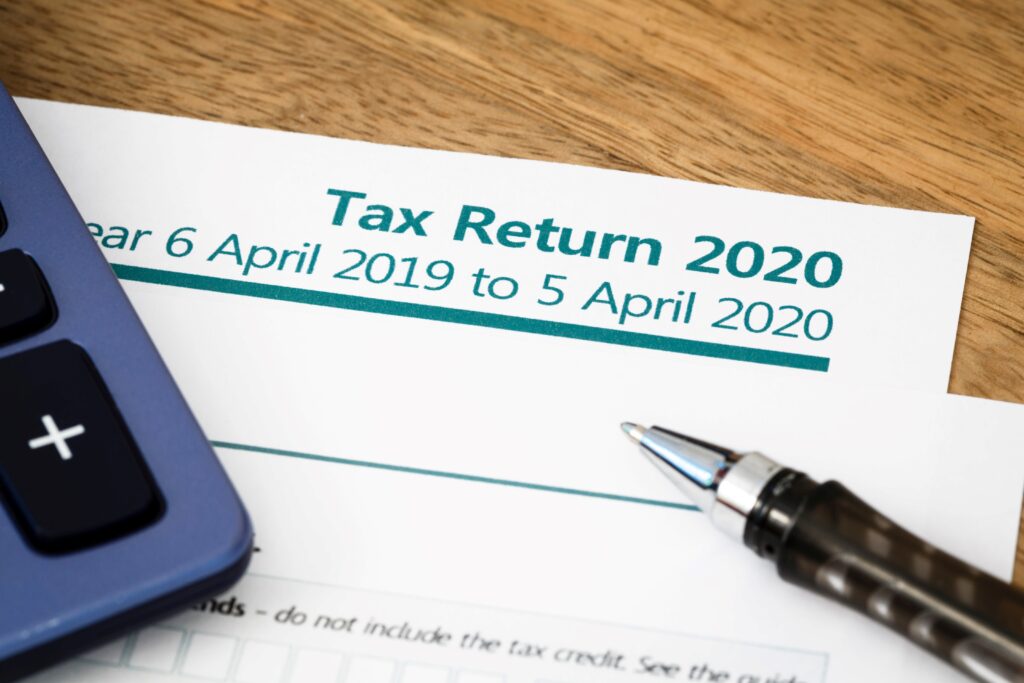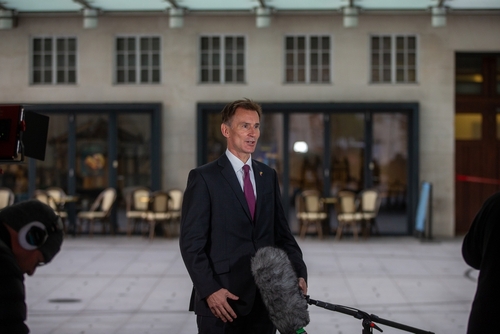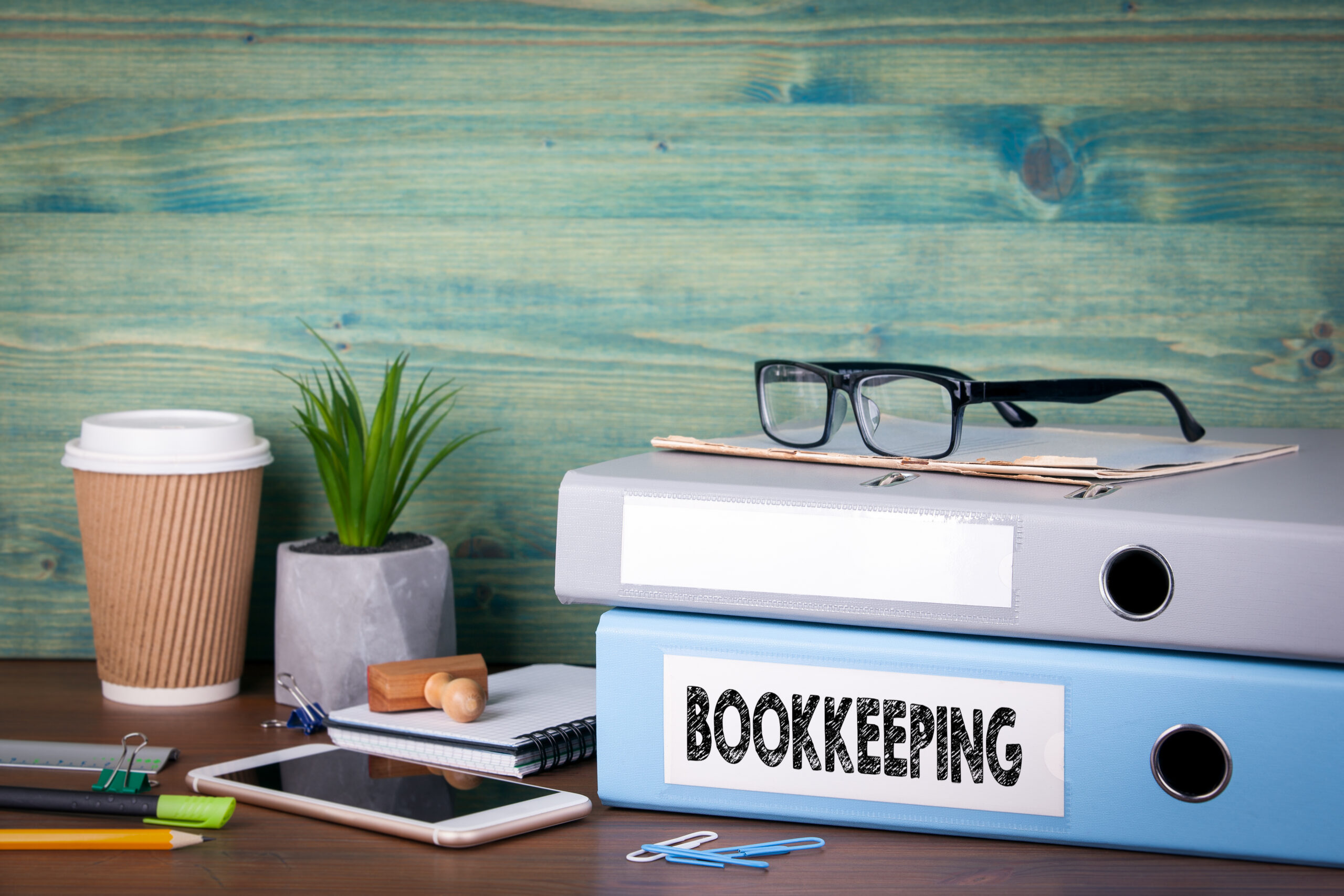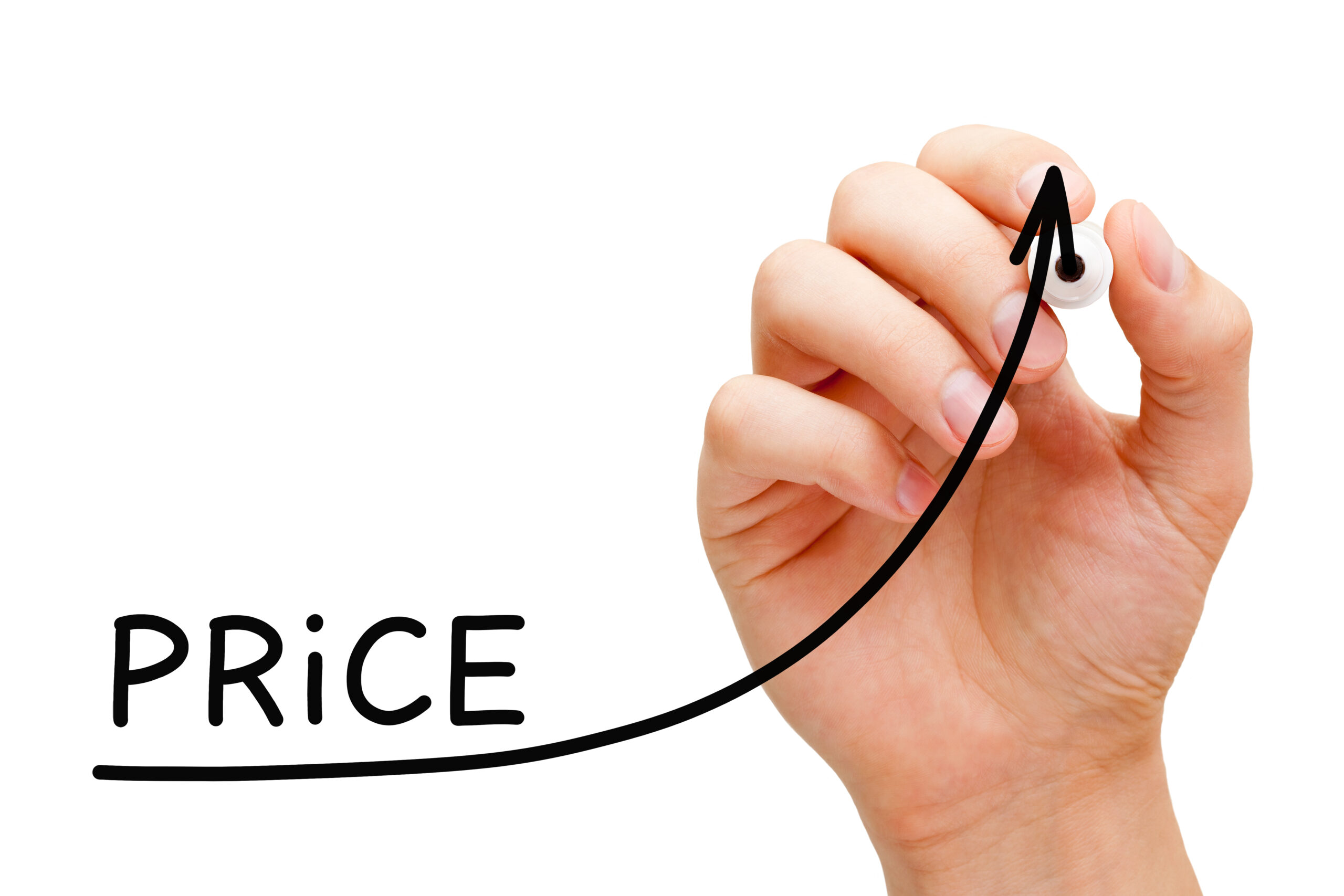How much tax does a sole trader pay (and how)?

We can help you achieve your goals as a Sole Trader
Congratulations on setting out as a sole trader! It’s incredibly liberating to be your own boss, set your hours, choose your own office, keep the majority of your profits and still totally boss the day. Here at Mazuma, we handle and support lots of sole trader accounts, and one of the most frequently-asked questions is ‘how much tax does a sole trader pay?’ – fear not, Mazuma is here to help!
We’re here to explain the rules and regulations around tax that applies to sole traders. If you have any more questions, you can always get in touch with a sole trader accountant on our lovely, expert team!
Our team can also take care of your taxes and bookkeeping, with services starting as low as £32+VAT per month. We’re proud that we’ve been helping sole traders with our hassle-free accounting services for over 14 years – so be assured that you’ll be in safe hands. Get your quote today and let’s get started!
How should I pay myself as a sole trader?
Now that you’ve registered as a sole trader and have started earning, it’s time to reward yourself for your hard work and start paying yourself. Your pay as a sole trader differs from receiving a wage in the traditional sense as you’re not directly employed. Instead, you pay yourself vial drawings from your business – whatever industry you may be in – and you pay Income Tax and National Insurance Contributions based on how much you’re making (your profit).
In our ultimate guide to accounting as a sole trader, we recommended opening a business account. By opening a business account, you can keep your business’ finances separate from your own personal incomings and outgoings, which makes your business far easier to manage. It also means that you can withdraw directly from your business account into your personal account when payday arrives.
By creating a clear differentiation between your personal and business accounts, you’ll find the process of paying yourself much easier and you’ll always have an easy-to-read record to refer to.
Keeping a record of your business’ incomings and outcomings, including how much you’re taking as drawings each month, makes bookkeeping a lot easier. By keeping a running record, you’ll be able to calculate your profit each month, which will be really useful when it comes to paying tax.
At this stage, it might be worth considering outsourcing your accounts so you don’t have to worry about dealing with lots of paperwork yourself. Our expert sole trader accountant team at Mazuma would be more than happy to take this worry off your hands, so you can focus on more important matters.
It’s also worth putting money aside to pay your tax bill during the year before you submit your Self Assessment tax return. This Self Assessment is a key part of how a sole trader is taxed.
Your profit amounts to the income your business generates, less any allowable expenses you’ve claimed. These expenses can include travel, business rates on rent, office equipment and advertising spending – as well as a whole load more. As a sole trader, there are plenty of hidden costs that come with running your own business, and it’s well worth claiming them when you file your annual Self Assessment in order to make sure that you’re paying the correct amount of tax for your business..
After you’ve paid the appropriate tax on your business’ profits, you can keep all the earnings that remain. So now onto the pressing question – how much tax does a sole trader pay?
Looking to Switch Accountants?
How is a sole trader taxed?
There are millions of sole traders in the UK, all operating different types of businesses, with different offers and different approaches. However, one thing stays the same for all sole traders – taxes. When operating as a sole trader, you will be taxed on the profits your business makes through an annual Self Assessment tax return.
As a sole trader, there’s no legal difference between you and the business you’re running. When you’ve received your income it’s up to you to pay the expenses, including any taxes.
When answering the question ‘how much tax does a sole trader pay?’ the answer all depends on how much you’re earning!
Knowing your tax bands is really important if you’re going to operate as a sole trader – they’re a key part of how a sole trader is taxed. There are three basic tax bands: the basic rate, the higher rate and the upper rate:
- The basic rate tax band is 20% and applies to income up to £50,000.
- The upper rate band is 40% and applied to income that falls between £50,501 to £150,000.
- The additional upper tax band is 45% and applies to income of £150,000 or more.
As of the tax year 2020/2021, the personal income tax allowance is £12,500. This means that if you’re a sole trader, you won’t have to pay tax unless you’re earning £12,500 or above.
If you start to earn more than £12,500, that’s fantastic – and if you start earning a considerable amount of money you’ll have to keep VAT in-mind. We’ll cover that later!
Paying National Insurance as a sole trader
Within three months of becoming self-employed – which you will be as a sole trader – you need to inform HMRC. This is so that HMRC can make sure you’re paying National Insurance and provide you with a Self Assessment tax return when the time come to submit. You’ll need to apply for a National Insurance number if you’re moving to the UK to set up a business.
As a sole trader, you will have to pay two types of National Insurance as you fall under the self-employed category:
- You’ll have to pay Class 2 National Insurance if your profits are more than £6,475 a year
- You’ll have to pay Class 4 National Insurance if your profits are more than £9,501 a year
You’ll be able to pay your National Insurance through the Self Assessment tax return we previously mentioned. If you’d like to know more about National Insurance, the government hosts a load of useful information on their portal.
If your last Self Assessment tax bill is over £1,000 for the year, it’s essential that you make Payments on Account. Payments on Account are advance payment towards your tax bill, and ensure that tax is paid on time. Payments on Account do not include anything you owe for capital gains or student loans (if you’re self-employed).
A quick note on paying VAT
If your turnover is over £85,000 then well done – you’re clearly doing something right! However, you’ll have to register for VAT. You can register voluntarily if that suits you and your business – ie. if you haven’t reached the mandatory turnover level but you sell to other businesses that are VAT-registered and you want to reclaim the VAT.
If your business’ yearly turnover falls below £150,000, it’s well worth investigating HMRC’s VAT Flat Rate scheme. The scheme makes VAT reporting more streamlined for small businesses and eliminates the need to record VAT for individual purchases and sales.
This may all sound overwhelming, but a sole trader accountant on our team can help you stay on top of all your responsibilities and handle the administrative side for you. Having a dedicated accountant from the Mazuma team on your side means that you can focus on growing your business and enjoying the journey!
What if I have other forms of income?
It’s not uncommon to take on additional work alongside your own business, and it can be a great way to support your venture. However, if you’re earning money outside of your registered business, you’ll need to declare it on your Self Assessment tax return. Income tax and National Insurance will be deducted by your employer through the Pay As You Earn (PAYE) scheme.
All the information regarding the PAYE scheme will be available on Form P60, which your employer will present to you at the end of the tax year. When filing your Self Assessment for the year, you include the income tax deducted by your employer. With this information, HMRC will calculate any additional National Insurance or income tax due.
If you’re receiving any dividends from another company or from another venture – you might own property, for instance – then good for you! But you have to include dividends and property income on your Self Assessment. Once again, HMRC will calculate any additional National Insurance or income tax due.
Do business rates apply to me?
Business rates apply to you if you’re running your business from anywhere that isn’t a property of your own – an office, a shop or a warehouse, for instance.
If you’re a sole trader operating out of an external property, you’ll receive a business rates bill from the relevant local authority. This bill will arrive in February or March for that financial year, and then April for each financial year following that. You’ll find all the details you need to pay the bill along with the document, and you can choose to pay the amount back in 12 monthly installments.
Mazuma are here to help!
If you ever wondered ‘how much tax does a sole trader pay?’, we hope this article has answered that question and provided you with some useful information. But our service doesn’t stop there!
Mazuma’s sole trader accountant team is on-hand to help you with claiming expenses, tax preparation and any other services you may need! We take pride in getting rid of the headaches that come with being a sole trader and helping you focus on becoming a successful business and loving your work.
Simply send us your paperwork each month – either via Freepost envelopes or upload to the Mazuma app, and we’ll do your bookkeeping, VAT, payroll and accounts within five working days. Each month you will receive a monthly report with tailored advice for you and your sole trader business
Please don’t hesitate to contact us and discover the many ways we can help you achieve your goals as a sole trader






